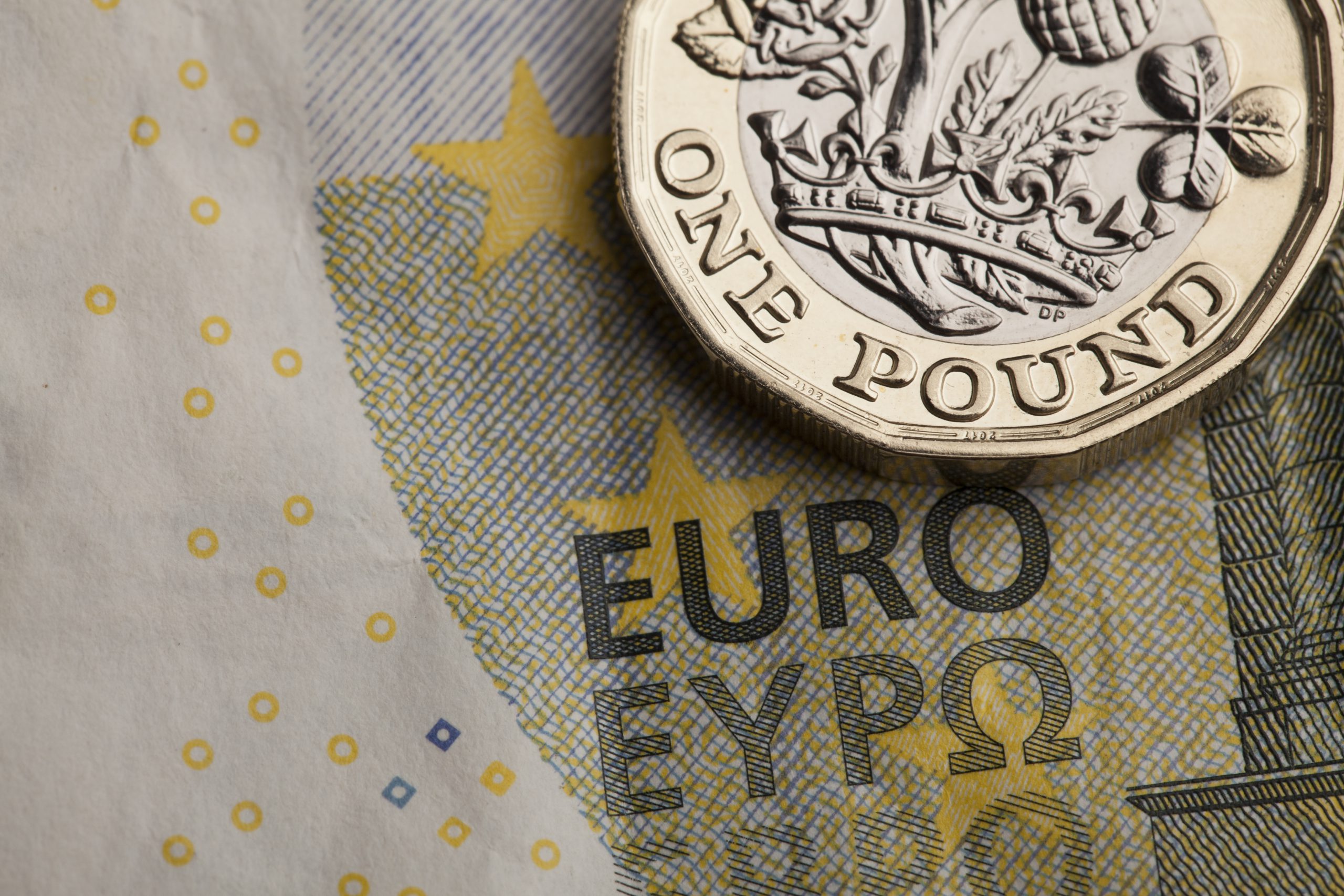GBP/EUR Exchange Rate Wavers amid Economic Uncertainty
The Pound Euro (GBP/EUR) exchange rate is trading erratically today as economic fears grip the UK as the Bank of England (BoE) warn of the longest recession in 100 years.
At time of writing the GBP/EUR exchange rate is around €1.1441, relatively unchanged from this morning’s opening levels.
Pound (GBP) Undermined by Recession Warning
The Pound is under pressure today as the Bank of England (BoE) warned that the UK is already in a recession.
With yesterday’s hawkish interest rate hike to 3%, the highest since 2008, the BoE swiftly followed the announcement with a statement warning that the UK is already in a recession. The 75bps rate hike fell in line with market expectations but Sterling soon succumbed to external pressures.
However, BoE Chief Economist Huw Pill provided some relief to investors as he stated that the central bank remains fully committed to reining in inflation. In comments to CNBC, Pill said:
‘What we are seeking to do, we’re always seeking to do, is to find that balance that gets us back to our 2% inflation target without generating unnecessary and costly problems in the real side of the economy.
‘Creating that balance, signalling that balance, that was really our key message yesterday.’
Meanwhile, construction PMI surprised the market and printed above expectations. Marking the second consecutive month of expansion, construction activity continued to rise last month. However, new orders fell for the first time since the height of the pandemic, perhaps signalling darker times ahead.
Looking ahead, a speech from Pill could boost the Pound if the BoE is optimistic ahead of the government’s fiscal statement on November 17. But if the downbeat economic forecast from the BoE is reaffirmed, Sterling could remain under pressure.
Euro (EUR) Supported by Hawkish Lagarde
Meanwhile, the Euro is enjoying relative success against its major rivals today as European Central Bank (ECB) President Christine Lagarde reinforced the bank’s commitment to reining in inflation.
In a speech at an ECB event yesterday, Lagarde confirmed that as long as inflation remains high, policymakers will continue to raise interest rates.
However, weighing on the Euro is the printing of mixed data. Europe’s biggest economy in Germany saw a worse-than-expected slump in factory orders. Expectations of a 0.5% drop were met with a 4% decline.
Meanwhile, providing some modest support to the Euro was the printing of Eurozone services PMI. An improvement over preliminary readings, the service sector marginally increased to 48.6 over 48.2. However, the reading still pointed to the third consecutive month of contraction and a sixth month of slowing.
Looking ahead, and the Euro’s negative correlation to the US Dollar could spell trouble if US labour market data prints to forecast. An expected strong labour market could bolster rate hike expectations from the Federal Reserve, which could exert downward pressure on the Euro.


Comments are closed.